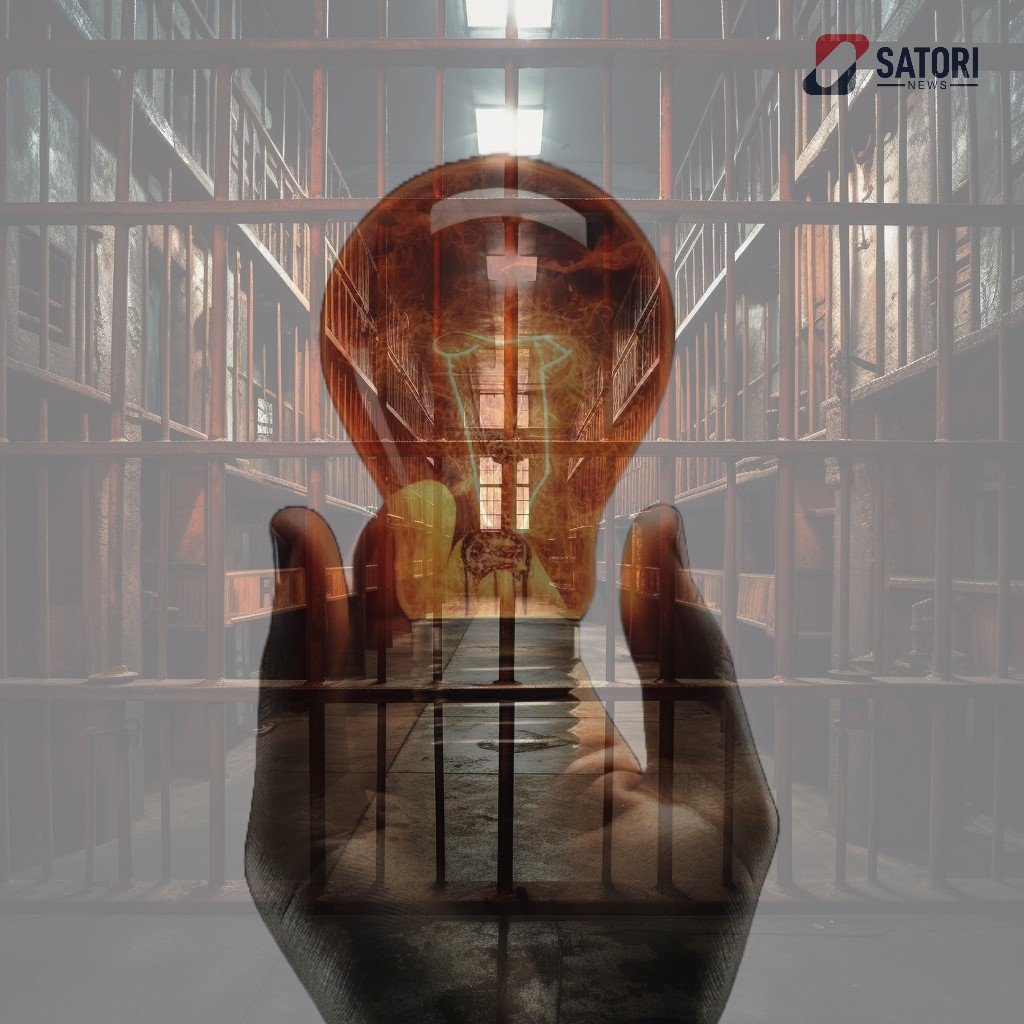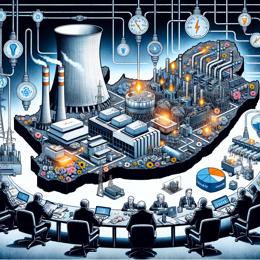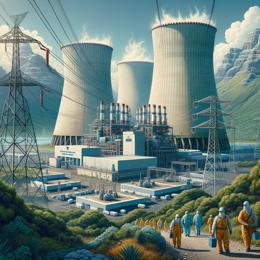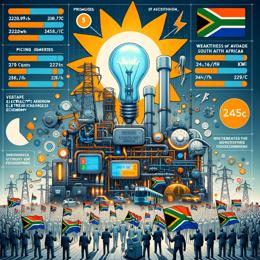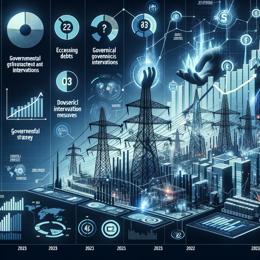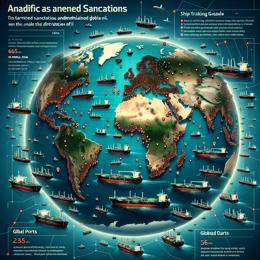Picture: for illustration purposes
Call for Privatisation Amid South Africa's Deepening Electricity Crisis - A Rejection of Perpetual Blackout
As South Africa finds itself plunged deeper into an electricity predicament, the grim reality of a future in perpetual darkness looms ever closer. State-owned utility, Eskom, the entity currently responsible for the vast majority of South Africa's power, teeters ominously on the cliff's edge of irreversible collapse. In a column for BizNews, economist Nicholas Woode-Smith argues the antidote lies in breaking the state monopoly: privatising our way out of darkness.
Securing her grim place in history, 2023 marked the most instances of load-shedding. Eskom, shouldering R420 billion in debt and owing a staggering R63.2 billion to municipalities, now watches as more customers move off the grid, their contributions erased from the debt repayment equation.
Current government interventions reveal glaring cracks in their structural foundation. The Electricity Regulation Act Amendment Bill's failure to be tabled ahead of year-end roll out casts doubt on plans to establish a Transmission System Operator (TSO). This crucial step towards a competitive electricity market may splinter due to political incompetence or interference.
Woode-Smith sharply criticises the ANC's unenthusiastic attitude towards private sector involvement in electricity production. Eskom's myriad problems, he maintains, won't be resolved by half-measures like Virtual Wheeling, a system allowing private producers to sell electricity to Eskom.
In an unforgiving critique of Eksom's structural flaws, Woode-Smith highlights the intrinsic issues of a government-mandated monopoly: the absence of satisfactory incentive to perform and political appointments providing fodder for corruption and misuse. Deep-seated problems, he asserts, lie not simply in petty politicking, but the politicised foundation upon which Eskom was built.
The solution? Radical privatisation. South Africa's electricity crisis needs a total unbundling of Eskom's assets, a decoupling of transmission systems from state control, and a fully deregulated electricity industry that rewards private, revenue-driven companies for their efficiency, sustainability, and independence from political ties. Only then, Woode-Smith argues, can we prevent further political exploitation and save our electricity industry from a blackout.
